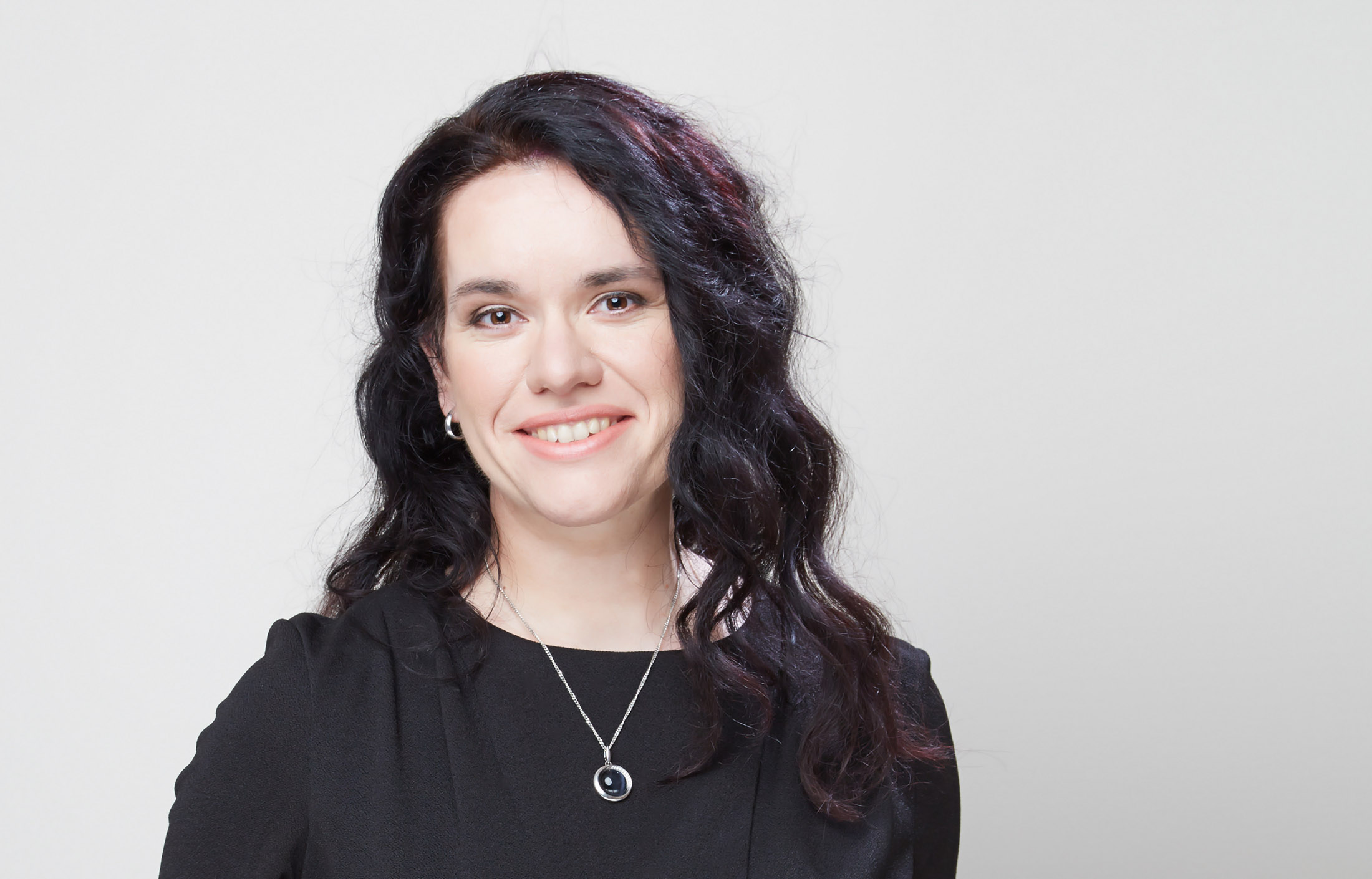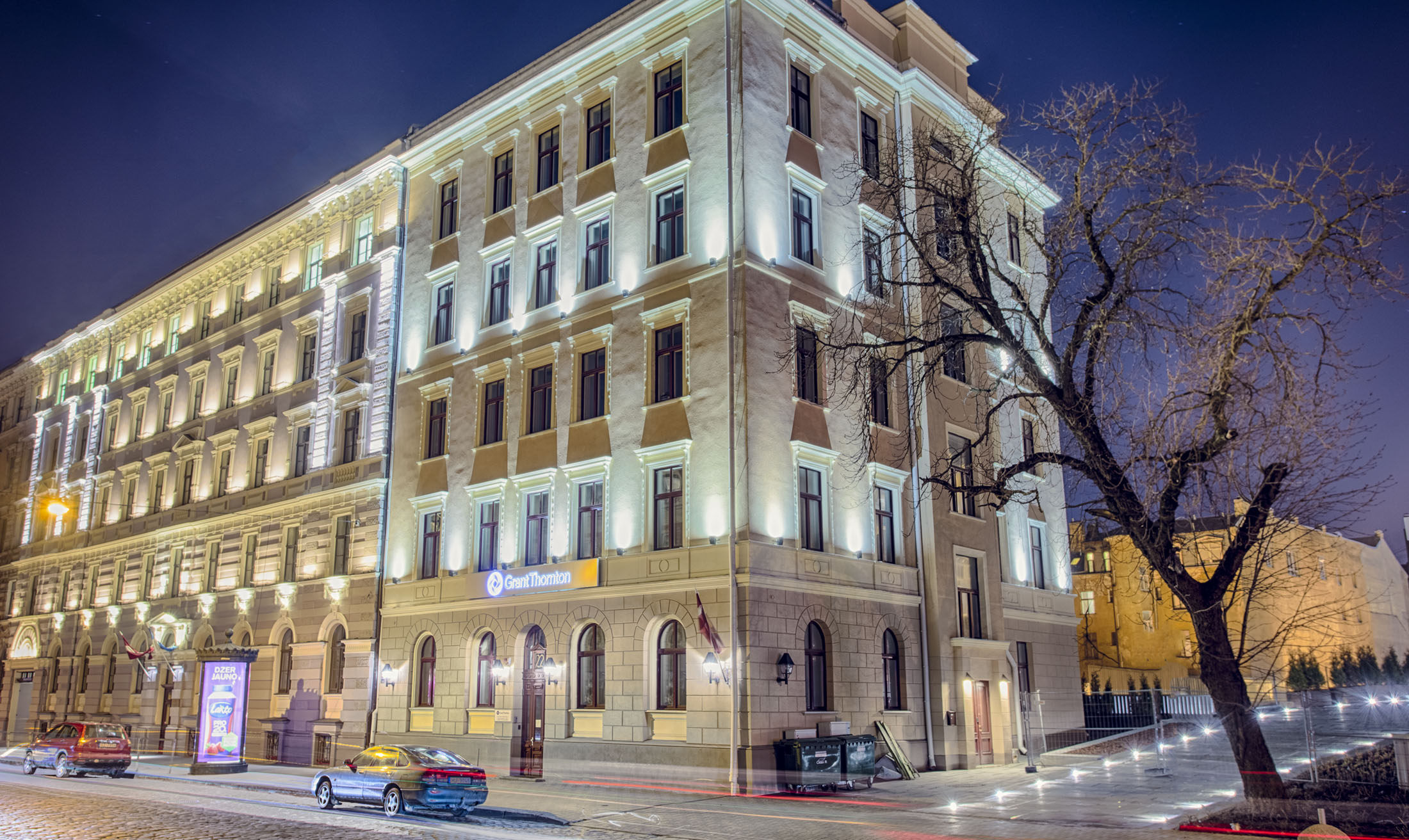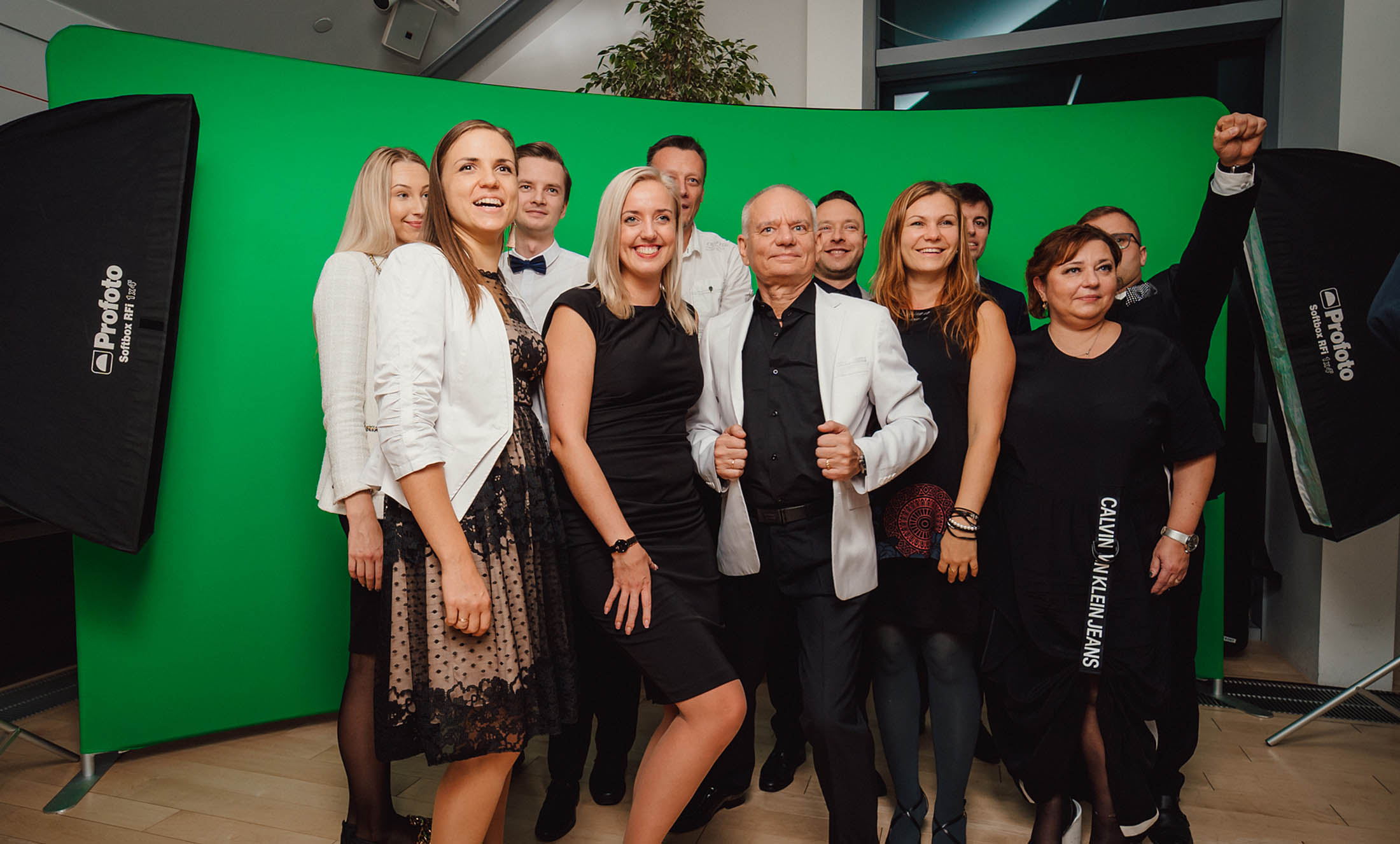Nice and slow on the way to Latvia
By the start of the new century, Rimess had developed smooth cooperation with MRI Revision, a Riga-based accounting company that forms part of the MRI network. However, to realise its ambition of being an accounting and audit firm operating in all three Baltic States, Rimess had to start looking for opportunities to do business in Latvia.
Negotiations with their old acquaintances at MRI Revision started in the mid-2000s, but a setback came from an unexpected direction in spring 2007 before the talks could progress. Namely, the Soviet statue of a bronze soldier removed from Tõnismäe by the decision of the Estonian government on 27 April that year quickly brought relations with our southern neighbours to an end. The reason was a prosaic one: Latvian companies had a lot of Russian clients and they could not risk ‘tying the knot’ with those who had taken down a monument to victors of World War II.
Artur Suits explains: “We had to start thinking about where to go from there. There were two options: start from scratch and set up a subsidiary in Latvia; or find a company to merge with. There was one candidate we worked with, and a possible merger on the horizon, but nothing came of it. But then a previous contact in Lithuania, the accounting firm Financial Management Group, offered to sell its Latvian subsidiary to us. We decided that their offer was a better option than building up our own team from scratch.”
As such, in February 2008, Rimess entered the Latvian market with the acquisition of the accounting company Financial Management Group SIA in Riga. But Rimess did not want to limit itself to accounting services in Latvia: there were many similar small players on the market, and in order to succeed it had to stand out in terms of both its size and the range of services it offered.
In summer 2008, Suits and Mati Nõmmiste started to research the Latvian market to identify auditors who might be interested in doing business with the Estonians. Meetings were held with the owners of seven or eight audit firms in order to ‘propose’ to the most suitable candidate. The selected firms were Sindiks, whose partner and CEO was Silvija Gulbe, and Audit Pluss, owned by Iveta Škutāne. “We debated whether Rimess, Sindiks and Audit Pluss should merge immediately or whether we should work together for the time being and move towards a merger agreement one step at a time,” Suits recalls. “We chose the second option: our eventual marriage was preceded by a year-long engagement!” Such were the beginnings of Rimess SIA.
Silvija Gulbe remembers liking the idea of working with Estonian and Lithuanian colleagues. “Mati and Arthur’s merger proposal provided that opportunity,” she says. “After the merger, our number of clients started to increase and, most importantly, they were clients operating in all three Baltic States, as well as Finnish companies.” In 2010, when Iveta Škutāne left Rimess Latvia, Jelena Žovnikova became the head of the firm. She had previously held the positions of development manager of the Rimess Group and project manager of the Financial Advisory Department of the Estonian parent company, and had been involved in both the Lithuanian and Latvian expansion processes.
“I became a managing partner of our Latvian company in late spring 2010,” she explains. “We’d acquired three companies in Latvia, employing about a dozen people altogether, so I had to help the companies merge into one, so to speak, so as to form a whole and so that the standards and working culture would be the same as in Estonia. This meant constantly talking to people in private and in teams so that everyone was on the same page and no one felt like they were being forced into accepting innovations.” Žovnikova ultimately spent six years working in Riga.
The merger of several firms meant that a single company and work culture had to be established in Latvia. This took a while, and there were setbacks along the way, but Jelena Žovnikova, who ran Grant Thornton Baltic in Latvia from 2010-2016, says that the processes were eventually put in place and a strong team formed that is willing to play a part in developing the business.
On the topic of work culture, and more specifically staff commitment, it is worth noting that the Latvian audit market was slightly different in this respect. Žovnikova explains: “Audit firms didn’t recruit auditors on a permanent basis, but only for the audit season. Rimess didn’t do this, and that immediately gave us a trump card on the labour market.” The results were immediate. Rimess’ turnover in the 2014/2015 season was more than double that of four to five years previously, exceeding €700,000. But the biggest growth spurt was still to come.
In 2015, the paths of Mati Nõmmiste, Artur Suits and Dainis Tunsts, a partner at BDO Latvia, crossed in Riga when the men, who had known each other for a decade in the MRI network, became business partners. Tunsts explains: “After leaving a company that was a member of MRI, I was a partner at BDO until 2015 when the other owners decided to sell the business. I then recalled my acquaintance with the Estonians and I approached Mati with a proposal to start working together again.”
The approach proved fruitful: Tunsts joined Grant Thornton Rimess SIA in October 2015, bringing with him his BDO team of financial advisors, auditors and accountants. In addition to the 25-strong BDO team, the Latvian accounting services market leader LF Eksperts also joined Grant Thornton Rimess with 25 employees of its own. As a result of these mergers, the company now known as Grant Thornton Baltic became Latvia’s largest audit and accounting services provider run by local partners, employing 80 people. The development of advisory services, which were previously offered on a smaller scale, also gained momentum.
Expansion on the Latvian market in 2015 increased the number of Grant Thornton Baltic employees from 30 to 80. As a result, the firm had to find a new office with room for the whole team. Since 2016, its office has been located in the centre of Riga, at Blaumana 22.
All of this meant that whereas in 2010 Rimess had not made the top ten in turnover rankings of Latvian audit and accounting firms, six years later it was in fifth place, snapping at the heels of the big four. The company has managed to retain this position ever since.
The mergers in Latvia also brought about a need to reorganise the structure and management of the companies operating in Estonia, Latvia and Lithuania. A holding company, Grant Thornton Baltic Holding, was established for this purpose and the companies operating in the three countries became subsidiaries of the holding company. The name also changed: in 2015, the name Grant Thornton Baltic was gradually adopted across the region to emphasise the joint operations in the Baltic States. In its 30th year of operations, Grant Thornton Baltic has grown into a company with six offices in three countries, 220 employees, 2600 clients and an annual turnover of €13.3 million.
A managers’ conference is organised in Estonia, Latvia or Lithuania every year. In 2019 it was held in Riga. Pictured are Latvian managers with leading partner Dainis Tunsts.
Artur Suits admits that expansion has been a trump card in finding both local and international clients. “It’s more convenient for a client operating in two or three Baltic States to deal with one account manager rather than several,” he says. “When we started in Latvia and Lithuania, our Baltic clients could be counted on two hands, but five years later, clients operating in at least two countries provided around a third of our turnover. So expanding into Latvia and Lithuania contributed to the growth of our business and is now part of our brand. The market knows us.”




